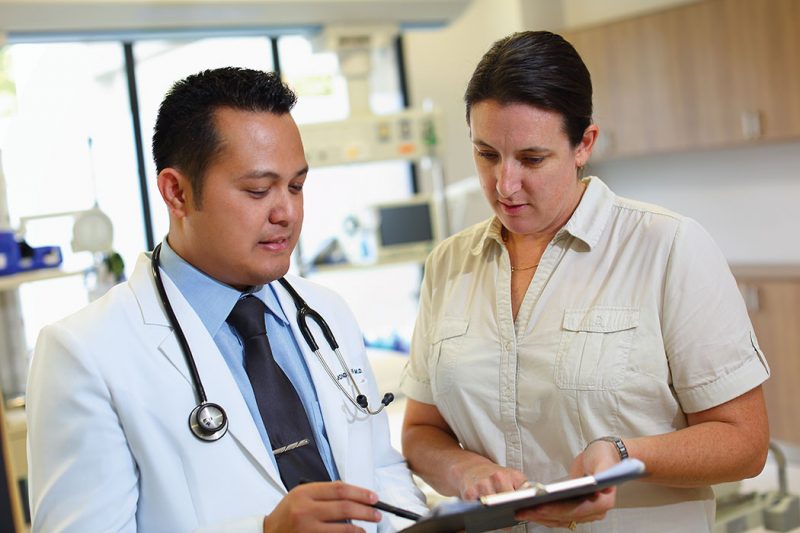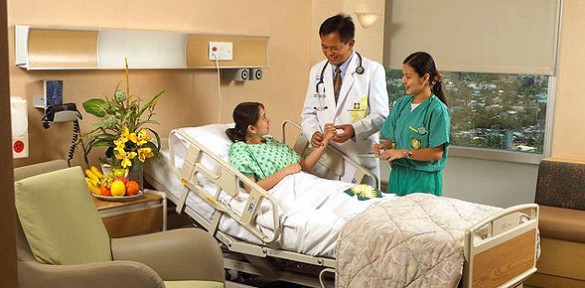If you’re a foreigner travelling to Indonesia and planning to settle there, one of the most important things that you need to understand about the country is its healthcare system.
Here are a few important things you need to know about healthcare in Indonesia.
1. International insurance and medevac
If you are travelling to Indonesia with or for your company, make sure that they adequately cover your healthcare as well as your family’s if they are travelling with you. It would be best to do this before leaving your home country so that you can inform your insurance provider of the adjustments needed.
Though not a requirement, it is best to be covered by an international health and medical insurance provider. Most international health insurance plans include medical evacuation coverage. An international health insurance policy can come in handy when one needs to be evacuated to another city or country to get a higher level of medical care, especially if you’ll be living in a rural area.
In addition, foreigners who have retirement visas will need to be covered by an Indonesian insurance policy that is provided by a firm accredited under Indonesian law.
2. Medical risks in the country
Since Indonesia is a tropical country, contracting malaria and dengue fever will be one of the medical risks you and your family may be faced with. Travellers bound to remote areas in Sumatra, Borneo, Lombok and other places in the east will need to undergo malaria prophylaxis, a preventive treatment against the illness. Keeping a clean and dry home, using insect repellent lotion or oil and mosquito nets can help prevent dengue fever.
Typhoid, polio, hepatitis A and B vaccination updates are also recommended for those who are planning to visit or live in the country.
Another health risk in the country is developing respiratory problems. It is a big part of Indonesian culture to smoke kretek (clove cigarettes), which has a high tar content. If you’re a smoker, it’s important to note that kretek are much heavier than normal cigarettes. Moreover, air in some cities can be quite polluted, especially from June to October when farmers practice slash-and-burn methods to clear forests in rural areas. Every year, Indonesia creates an international haze crisis this in the region and respiratory diseases become a real concern.
If you have asthma or other respiratory problems, make sure to bring your medication with you and do some research on your destination in Indonesia.
3. What to expect in Indonesian hospitals
Public and government health providers in Indonesia are not at par with Western standards. Some rich Indonesians routinely seek better medical care in other countries like Singapore. Medical evacuation is an option in severe circumstances.
The good news: there is now a 24-hour emergency hotline dedicated to receiving calls from foreigners. The SOS Indonesia hotline (Jakarta: +62-21-7506001, Bali: +62-361-710505) has English-speaking staff on duty who can help with primary health issues and preventive healthcare. The company also has a mobile app for those who are on the go. For information about their partner hospitals and clinics, you may visit the website here.
See: International Quality Healthcare for Expats in Indonesia
4. Useful phrases
Because many Indonesians do not speak English, it can help if you have a handle on basic medical terms in the local language. If you need to look for a pharmacy, you should be looking for an apotik. Medical practitioners in small towns can help with primary health issues and poliklinik are always open for routine checkups.
Also, a good Bahasa Indonesia phrasebook can be handy when talking to your medical provider about a diagnosis. Patience and politeness are key to understanding local medical providers as well. Most Indonesian professionals are not used to being pointedly questioned about their practice.
If you have maintenance medication, it is best to bring the container or bottle, a list of its active ingredients and your doctor’s prescription. You can show this to the pharmacist when buying additional medicine. Most ingredients and medications are available under local names.
Be sure about local dosages and prescriptions, though, some local doctors over-prescribe antibiotics to get a larger cut from the sales.
5. Internationally accredited hospitals
Luckily, there are a few internationally accredited hospitals in the country. The Joint Commission International website has a list of academic medical centres, ambulatory care programmes, and hospitals that are on par with international standards.
‘Group practice medical clinics’ have been developed in Indonesia to serve foreign clients. These are clinics that have a full range of specialists and facilities for primary healthcare. This has been a popular choice with foreigners, as it is covered by international medical insurance. Furthermore, medical evacuations are made easier by the staff and facilities.
Image credits: BIMC Hospital Nusa Dua, Travel Daily News Asia





